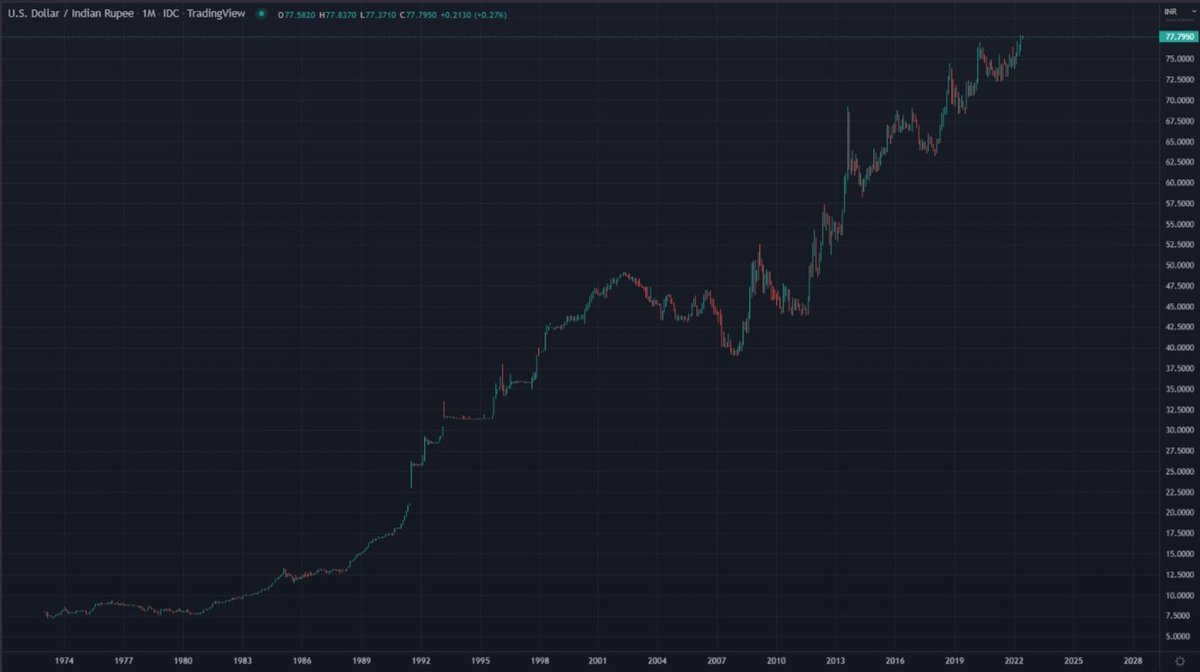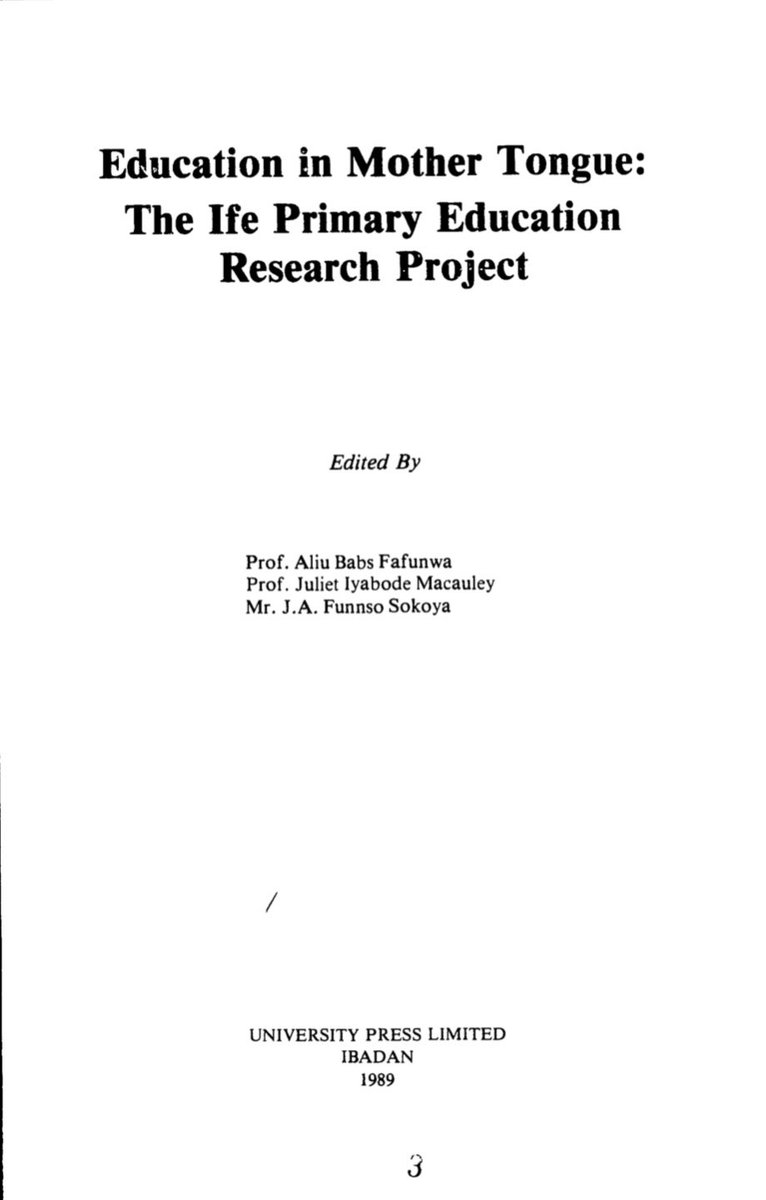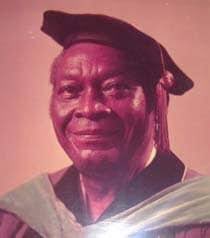You talk something, Someone picks it and makes it bread & Butter..
Nothing can be better than this..
#Float #Trading

More from VVikas Kumaarr
#BAJFINANCE- https://t.co/M8PW7iaqif


#BAJFINANCE-- When fear was all around pandemic, i prefer to stick to the chart and picked it around 2400 Level now trading with 100+% gain, here is the updated chart and target as per Horizontal Count = 8000, TSL is going to be 4500 going forward. https://t.co/8kRQg1BnQK pic.twitter.com/U6pQj3uvvv
— VVikas Kumaarr (@flyingvikas129) February 7, 2021
#DeepakNtr -- Updated Chart. https://t.co/Qsr4CQu7cK


#DeepakNtr - Can this be a Runway Gap and remain unfilled for some time going forward?
— VVikas Kumaarr (@flyingvikas129) July 31, 2021
Only market knows the right Answer.#flyingvikas #technical #nse #trading #Keepitsimple#Cadlestick #Gap #Breakout #BREAKOUTSTOCKS #stokes #trading pic.twitter.com/VFjbwGl0kD


























